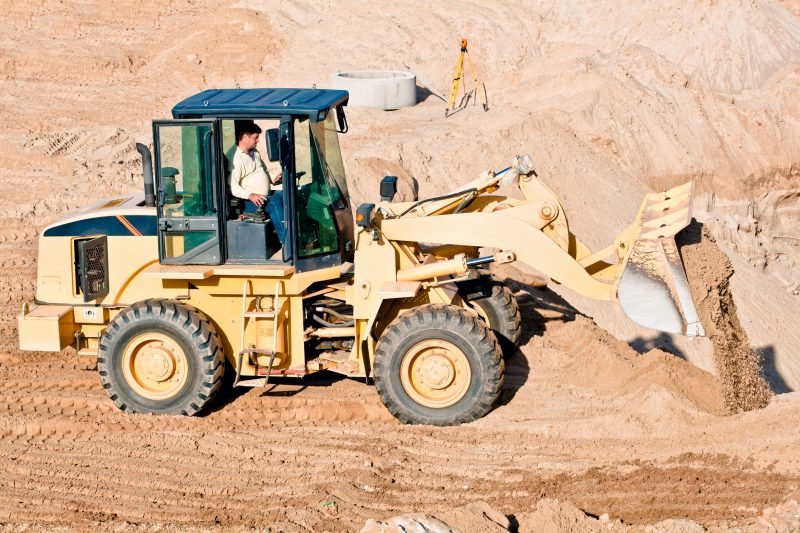When choosing wooden skids, it’s important to understand the advantages of heat-treated wood. Heat treatment is a legal requirement to ensure compliance with ISPM15 (the International Phytosanitary Standard for Wood Packaging) laws, which are intended to prevent the transmission of pesticides or the infestation of molds and fungi during the exportation process. Additionally, heat treated wood skids are more durable and resistant to adverse weather conditions.
Why Heat Treatment?
According to the ISPM15, all forms of wooden packaging must be heat treated before they can be used for shopping. This standard is a pre-requisite by all European countries as well as over 14 other prominent countries across the globe. The standard was set as a means to avoid infestation of mold, fungi, pests, and vermin, and as such ensure that all shipping cargo is kept in decent condition while in transit.
The spread of pests from one country to another not only poses a health risk but also affects the local environment. Increased sterilization levels are the only way to ensure that contamination does not occur. Due to their slightly more porous nature, untreated wooden skids are at a higher risk for the development of bacteria, fungus, and mold. The levels of moisture found in wood can be highly unsanitary, which further necessitates adequate heat treatment as well as proper storage procedures.
How Are Skids Heat Treated?
Stringent quality control is put in place in order for the heat treatment process to be effective and efficient. Wood intended for use in skids or pallets must be debarked, as only the core is suitable for the production of these particular items. Once prepared, the wood needs to be heated to a temperature of 132.8F or 56C.
The heating process assists in removing moisture which would otherwise cause the wood to rot. In addition to removing moisture, heat treatment increases weather resistance which is particularly important for skids which are used in outdoor storage.
Heat treating wood alters its composition, making it much more hardy and resilient. In this state, there is also less swelling or shrinkage when the skid is left uncovered outside.
Heat Treated Skids Wisconsin
Wisconsin’s climate, in particular, requires high quality, durable, heat treated skids to be used for shipping and storage. Without the use of chemicals, these skids pose no threat to the environment, and they can be recycled and repurposed without any concern over toxicity.



